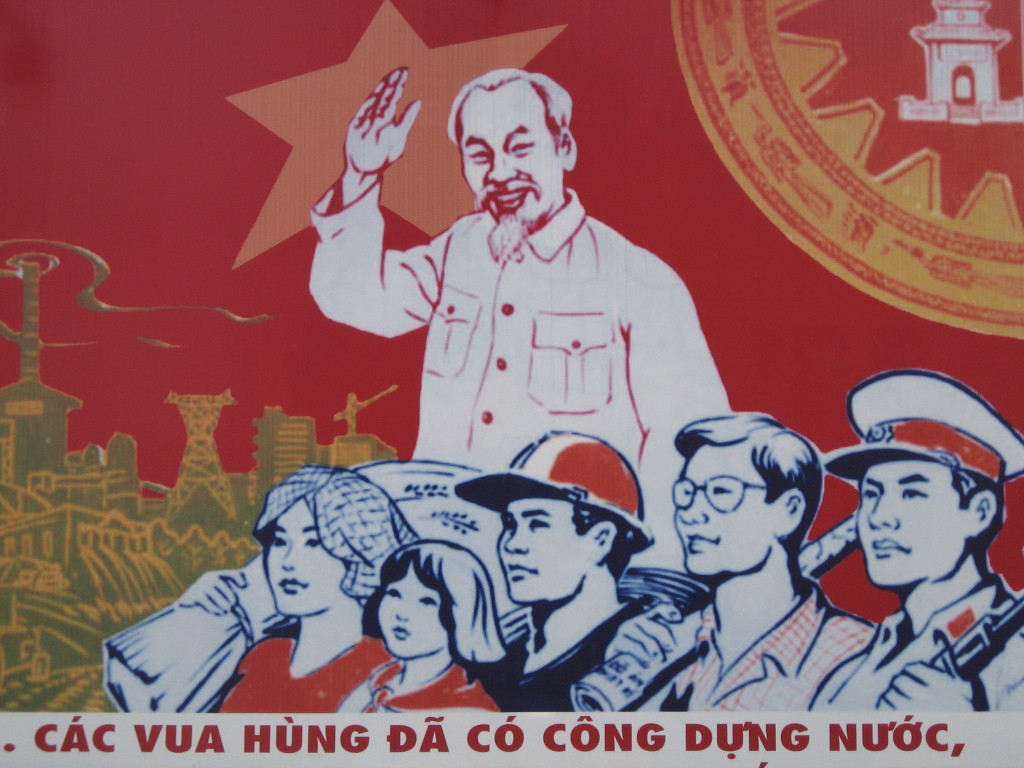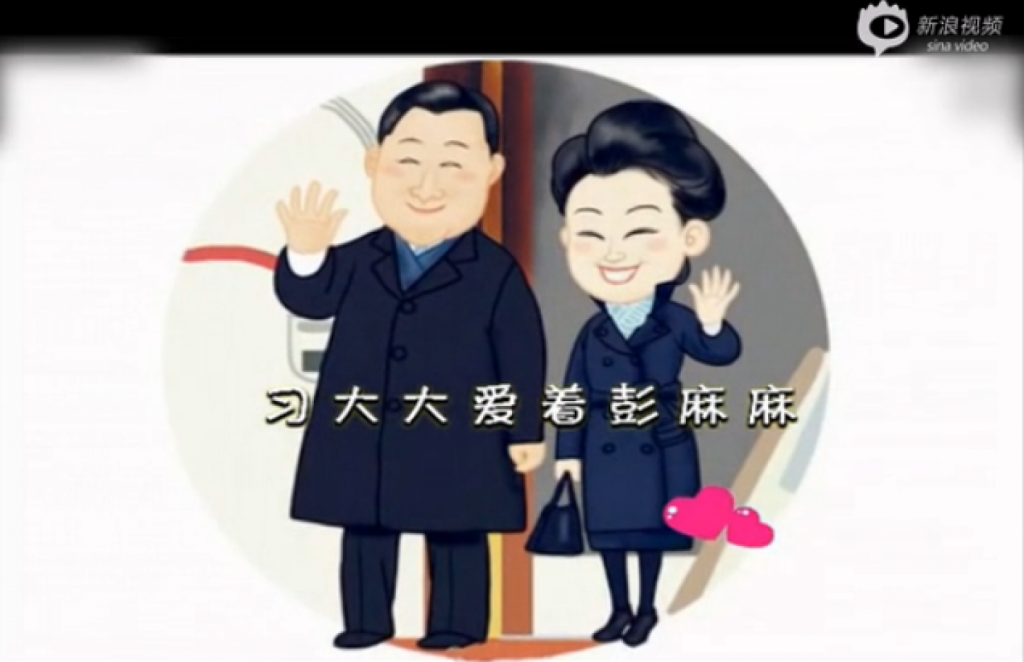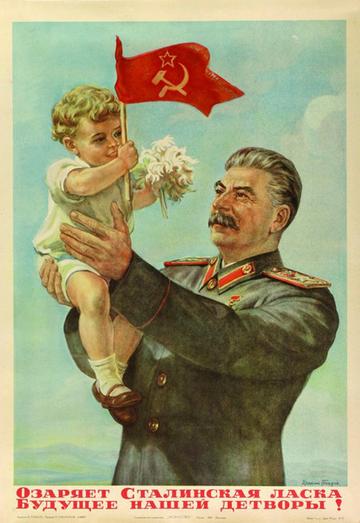By Austin Dean
Who is Xi Jinping? What does he think? What does he want? How popular is he? Much writing on Chinese politics in the past three years has grappled with these questions.
Answers often rely on comparisons with Chinese history. Xi is the most powerful leader in China since Deng Xiaoping; there is a Maoist tinge to his rule; he shows much more personality than the Chinese leaders who immediately preceded him; his traveling with a stylish “First Lady,” Peng Liyuan, brings to mind the time when Chiang Kai-shek and Song Meiling hit the road together in the 1930s and 1940s; his proposal for a new national security council harkens back to the Grand Council of the Qing dynasty (1644-1911). Such are just a few of the nods to China’s past that have been used to help place Xi in perspective.
What has been done more rarely is to place Xi beside a past leader of a different place. That’s what I want to do here, through the admittedly idiosyncratic entry point of nicknames. Xi is known as “Uncle Xi” (one way to translate “Xi Dada”) — and this brings to mind two former Communist leaders, the Soviet Union’s “Uncle Joe” (Stalin) and Vietnam’s “Uncle Ho” (Chi Minh).
First, some background on Xi’s moniker is in order. The Chinese leader was not always Uncle Xi. When he started his term in 2012, a fan club emerged on weibo, the Chinese counterpart to Twitter, whose members referred to him as “Our Pingping,” an informal appellation using a doubling of the last character of his name. A little while later the fan club played with alternative nicknames and landed on Xi Dada. The government propaganda bureau may have been behind the creation of this fan club or it might have had no involvement. In either case, both some Chinese netizens and the official party apparatus quickly adopted the term. Even Xi seems to have embraced it. When Xi visited Beijing Normal University, a school for teacher education, one student asked him if he could call the Chairman of the Chinese Communist Party “Xi Dada” and Xi reportedly responded in English, and with a smile, “Yes.”
There are cartoons that show Xi and his wife, Peng Liyuan, who goes by the equally affectionate nickname, “Peng Mama,” as a happy couple. There is even a song talking about the love between them. The overall image is of a leader who is more accessible and relatable than his predecessors.
Of course, there are limits to how familiar one can be with this uncle. One 9 year old wrote a letter to the leader, which his father shared with friends and which eventually got picked up by a local newspaper, suggesting that Xi should lose weight. “There’s no need to be as skinny as Obama,” the boy wrote, but “like Putin is good.” That was too far. The story disappeared.
Let’s turn now to the other Communist uncles, beginning with Stalin. Franklin Roosevelt took to calling him “Uncle Joe” during World War II when Washington and Moscow were allies in the fight against the Axis Powers. At the Tehran conference in 1943, FDR tried to get through to Stalin at a personal level by making a series of mocking comments about Winston Churchill, drawing a smile from Stalin. Then “he kept at it up until Stalin was laughing with me, and it was then that I called him ‘Uncle Joe.’ He would have thought me fresh the day before, but that day he laughed and came over and shook my hand.”
The nickname stuck. To ring in the New Year in 1945, FDR’s family and friends drank champagne that Stalin had sent from his birthplace in Georgia. Although the guests thought it “too sweet” and “awful,” they still made a toast to “Uncle Joe.” By the Yalta conference in 1945, Vyacheslav Molotov, the Russian Minister of Foreign Affairs, remarked that “All Russia knows you [FDR] call him Uncle Joe.”
Stalin might have had a hand in the creation of the “Uncle Joe” image as well. As Stalin biographer Simon Sebag Montefiore writes, “The foundation of Stalin’s power in the Party was not fear: it was charm […] he constantly lost his temper, but when he set his mind to be a charming man, he was irresistible.” Lord Beaverbrook, an English diplomat, echoed this view describing Stalin as “a kindly man […] he practically never shows any impatience at all.”
The moniker did not stay at just the elite level. In 1943, the movie “Mission to Moscow” painted Stalin and the Russians in a favorable light. As historian Walter Hixson points out, American propaganda at the time portrayed Stalin as “tough but friendly.” Of course, the figure of Uncle Joe did not last much beyond World War II. It was tied to a specific time and place.
There are differences here. The Uncle Xi moniker began domestically within China and has not become widespread outside the country, despite an unfortunate propaganda video involving a group of foreign students who use the term continually in expressing their affection for the Chinese leader. The Uncle Joe label started outside of Russia and from the beginning got more play internationally, including from the lips of other leaders. It’s hard to imagine President Obama referring to Uncle Xi as FDR referred to Uncle Joe.
Others might point out that the Uncle Joe discourse obscured the brutal nature of the Soviet regime, just as the Uncle Xi narrative glosses over the more authoritarian aspects of the current Chinese administration.
What, then, of Uncle Ho? That was not the Vietnamese leader’s only nicknames. Revolutionary activities required anonymity, so he had more than one nom de guerre. In fact, Ho Chi Minh wasn’t even “Ho Chi Minh” until he was nearly 50 years old.
Unlike Stalin, Ho Chi Minh became Uncle Ho, as Xi became Uncle Xi, in a purely domestic context. Another difference is physical. While Stalin was solid with a thick mustache and Xi is rotund, Ho was thin, almost frail, with wispy facial hair. If Chinese netizens fret about Uncle Xi being too plump, Vietnamese might have worried that Uncle Ho was too abstemious.
Uncle Ho always left an impression, particularly on foreign interlocutors. As one remarked later, “Ho was a courtly, urbane, highly sophisticated man with a gentle manner and without personal venom.” That is not too far from some foreigners’ descriptions of Stalin.
What most sets the Uncle Ho nickname off from the Uncle Joe one is its endurance. In Vietnam Ho’s image, “ever serene and benevolent — is ubiquitous, even in the south where bitterness festers among those who lost the Vietnam war.” In part, the nickname lives on because it has to. Without it, “people would find it easier to envisage a time when the Communist Party wasn’t in power.”
Perhaps the important question is whether Xi’s avuncular nickname will go the way of Stalin’s and fizzle out or be more like Ho’s and live on. How long will Xi Jinping be Uncle Xi?




